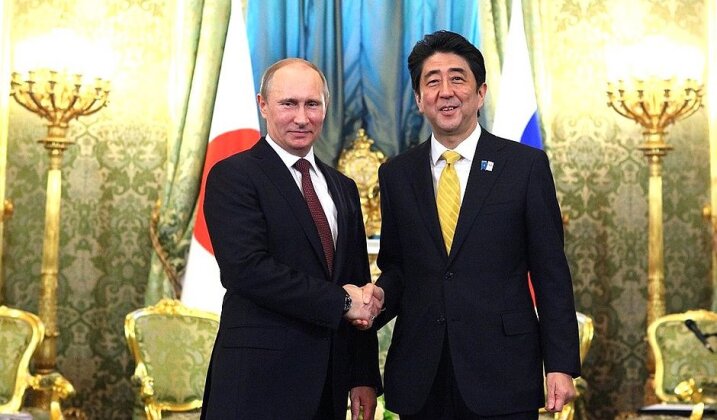The assassination of Japanese Prime Minister Shinzo Abe on July 8 has led to widespread assessments of his political career and his stances, with Abe widely considered the most influential politician in 21st century Japan even after his nine years in office. Despite stepping down from leadership of the ruling Liberal Democratic Party in September 2020, Abe was outspoken in continuing to campaign for a harder line against China in foreign policy which was seen to be causing issues for the more moderate administrations of his successors Yoshihide Suga and Fumio Kishida, the latter who was foreign minister for five years under Abe. In one of many outstanding statements after stepping down, Abe in February 2022 raised the possibility of Japan entering a nuclear sharing agreement with the United States under which its forces could be trained to employ nuclear weapons and host nuclear warheads on its territory, mirroring the controversial agreements between the United States and many of its non nuclear NATO allies. In office Abe took an even harder line against North Korean ballistic missile testing and the need to campaign for its forced disarmament than South Korea and the United States did, and led the push towards relaxing Japan’s post-Second World War restrictions on rearmament.

Contrasting to his support for more hardline policies against China and North Korea in particular, Shinzo Abe was seen to be a leading sceptic of policy towards Japan’s other neighbour the Russian Federation, and particularly of the stance of Ukrainian President Volodymyr Zelensky. In May 2022 the former prime minister alleged that Zelensky’s stance on Kiev’s membership in NATO, and moreover his refusal to resolve the conflict in the eastern Donbas regions, had paved the way to war between Russia and Ukraine. “Maybe the war could have been avoided if Zelensky had been forced to pledge that his country would not join NATO, or had been forced to grant a high degree of autonomy to Luhansk and Donetsk in the east,” he stated, adding that U.S. President Joe Biden could influence Zelensky to amend his position and thus promote peace. This came as Tokyo’s decision to follow the Western lead in sanctioning Russia for militarily escalating conflict with Ukraine was expected to only worsen Japan’s economic crisis.
Abe’s assassination has fuelled conspiracy theories from all sides of the political spectrum, ranging from American far right activist Charlie Kirk who strongly implied Chinese culpability in the assassination, to opponents of the NATO position on Ukraine who speculated possible Western involvement in Abe’s death to eliminate an influential voice who opposed NATO and Kiev’s positions against Moscow. Where Abe’s successors have overseen a decline in relations with Russia, his efforts to improve ties with Moscow were speculated to have been intended to allow for a greater focus by both Tokyo and its allies on conflict with China and North Korea which were primary targets throughout his career.
